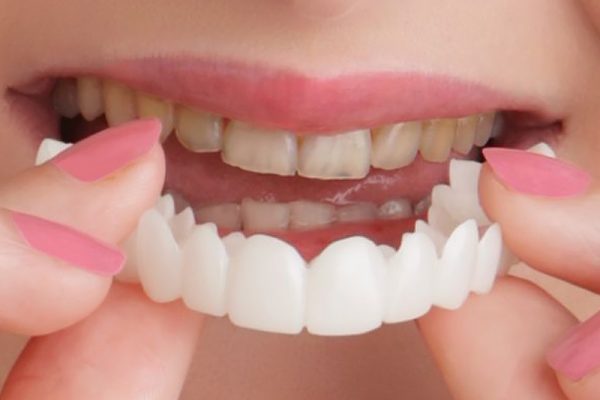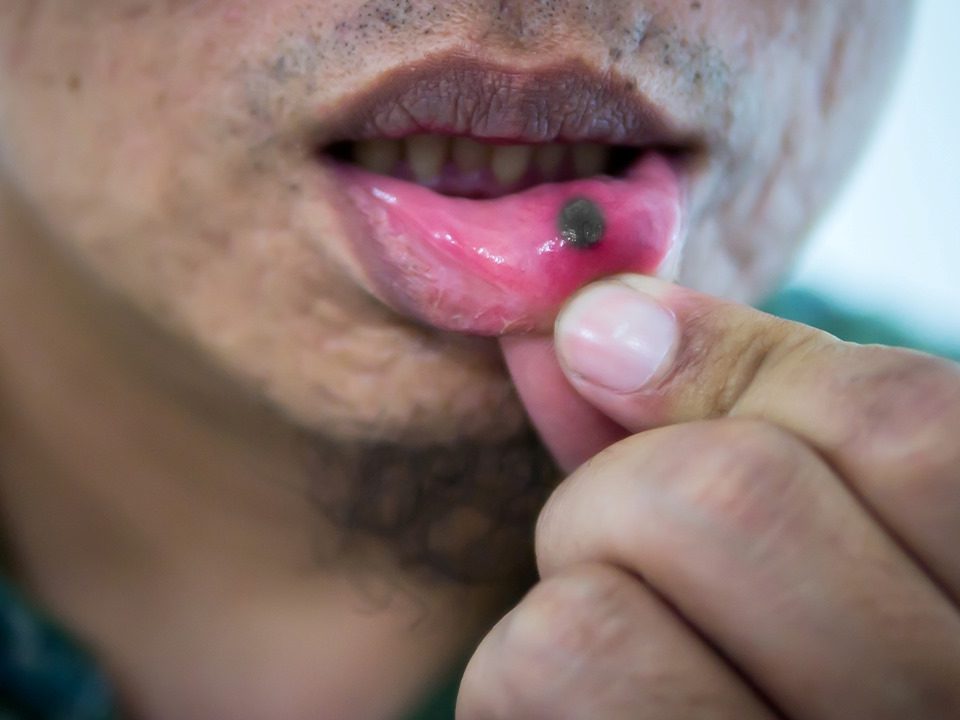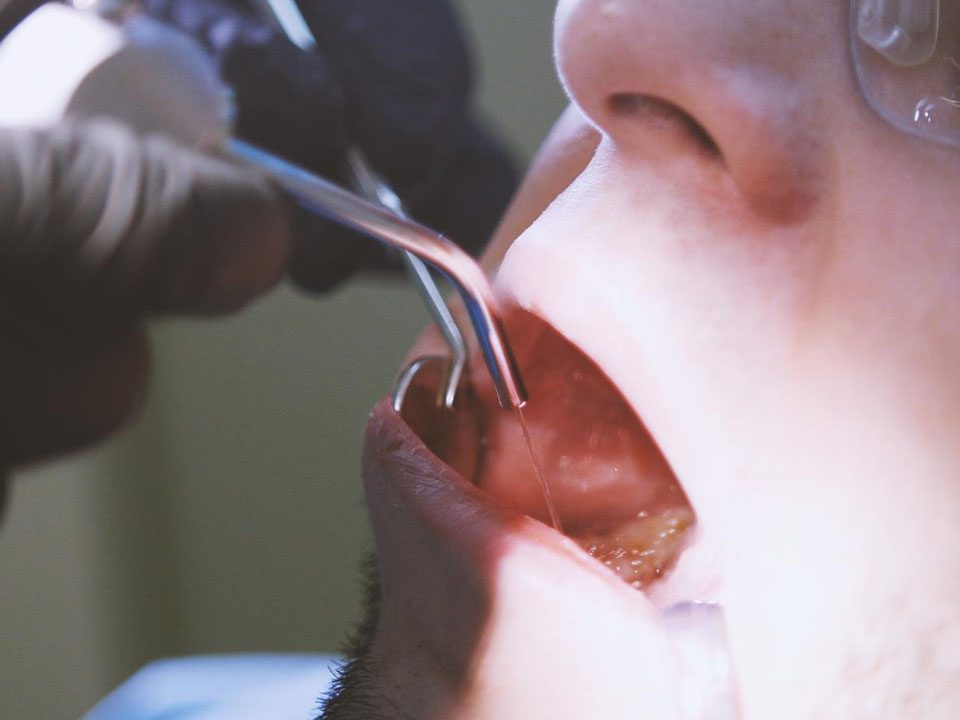
Can a Single Implant Be Placed to Support Two Adjacent Teeth?
November 29, 2023
Can you Recover from Wisdom Teeth Removal After 30?
December 6, 2023Do you feel pain after your root canal? Pain after a root canal can range from mild to alarming discomfort, begging the question, “How much pain is OK after a root canal?” While this method is famous for its effectiveness, it is often associated with varying degrees of discomfort. We’re here to demystify post-root pain, so if you are planning to have a root canal or have had this treatment and need help afterward, follow this article to the end.
Is There Pain After a Root Canal?
Yes, it is normal to have pain after a root canal. It is a natural response as the area heals. The pain after a root canal procedure is typically manageable with over-the-counter pain relievers. You must follow your dentist’s aftercare instructions to aid the healing process and reduce discomfort.
How Long Does it Take for a Root Canal to Settle Down?
The time it takes for a root canal to “settle down” can vary. But in general, all patients go through the following steps:
- Immediate Recovery. The treated area will probably be numb in the first few hours after a root canal due to the local anesthesia used during the treatment. At this time, it is recommended to avoid chewing on the numb side to avoid accidentally biting the tongue or cheek.
- Initial Days. Mild pain after a root canal can be expected for a few days. The discomfort can usually be controlled with over-the-counter pain relievers.
- Full Healing. It usually takes a few days to two weeks for complete recovery and resolution of symptoms after treatment. These symptoms can generally be mild pain, numbness, or sensitivity in the area.
- Follow-up Care. If a temporary crown is placed, it is necessary to see a root canal dentist for permanent restoration and restoration of its full function.
How Long Should the Pain Last after a Root Canal?
Mild to moderate pain after a root canal is normal, but this pain should decrease over time. Although the amount of pain that is considered “OK” varies from person to person, in general, normal pain includes the following conditions:
Level of Pain
Immediate Post-Procedure (First 24 Hours)
- Level of Pain: Experiencing mild to moderate pain is normal.
- Nature of Pain: Pain, pressure, or numbness varies depending on the tooth’s condition and the treatment’s complexity.
First Few Days (24-72 Hours Post-Procedure)
- Level of Pain: Mild to moderate pain is expected but will decrease over time.
- Nature of Pain: Similar to the first day, it was potentially reduced.
One Week Post-Procedure
Root canal pain after a week is much less:
- Level of Pain: The pain is almost gone; you may experience mild discomfort.
- Nature of Pain: The pain has decreased significantly; If any, it should be mild.
Beyond One Week
- Level of Pain: There will be no pain left
- Nature of Pain: Any remaining discomfort or sensitivity is very mild.
Tooth Pain a Month After Root Canal
It’s rare to have unbearable pain after a root canal after a month. In case of pain, see your dentist, as it might be an underlying issue that needs to be dealt with.
Pain in Root Canal After a Year
It’s not normal to experience pain in a root canal-treated tooth after a year, so get checked out by the dentist. It could be because of new decay, a hidden canal infection, or a failed root canal.
Learn More: Affordable Sedation Dentistry in Ahwatukee
Type of Pain
The normal type of pain is usually felt as tenderness or mild discomfort in the area where the procedure was performed.
- Triggers. Discomfort and pain after root canal is often aggravated in the following conditions:
- Chewing
- Biting
- Applying pressure to the teeth
- Temperature sensitivity. Some people may be sensitive to hot and cold temperatures in the treated tooth and the surrounding area and feel discomfort when eating or drinking hot or cold foods.
- Variability. The duration and intensity of sensitivity and pain is different for each person, but it usually decreases with time.
Duration
The time for recovery can vary depending on the individual’s root canal’s complexity, overall health, treatment response, and post-treatment care and hygiene. But typically, the pain after a root canal should start to subside within a few days, and within a week, there will be significant improvement, and by the end of two weeks, it will be completely healed.
Pain Management
If your tooth is infected or you’ve had a complicated root canal treatment, your dentist may prescribe strong pain relievers. But in general, over-the-counter pain relievers are effective for controlling pain after a root canal. Remember that the dosage instructions provided by your dentist or the medication label are essential.
Red Flag
Severe or throbbing pain that does not go away with pain medication, significant swelling in the gums or face, an allergic reaction to the materials used in the root canal, or a return of the original symptoms can all be abnormal signs of root canal treatment and indicate infection, incomplete root canal, or restorative problems. If you notice any of these symptoms, especially if they last more than a few days or worsen over time, you must see your dentist as soon as possible. Timely follow-up can prevent further complications and ensure proper recovery.
Why Does My Tooth Hurt 6 Months After a Root Canal?
It is not usual to experience tooth pain six months after a root canal. This pain and discomfort can be due to the following reasons:
- New infection or recurrence of primary infection
- New tooth decay
- Improper repair of teeth or surrounding tissues
- Tooth cracking because teeth are more fragile than before root canal treatment.
- Problems related to the restoration, such as a damaged or inappropriate crown
- The problem may be caused by other dental issues or gum disease or come from another part of the mouth.
In any case, consultation with the best dental expert is necessary for accurate diagnosis of the problem and specialized treatment.
Why Is My Pain Worse After a Root Canal?
If you have a lot of pain after root canal or your pain worsens after a root canal, it be teh result of several reasons:
- Inflammation can occur when the root canals within the tooth are cleaned, which irritates the surrounding tissues.
- An infection can cause pain if there’s any leftover bacteria or if a new infection forms.
- Sometimes, people have a more intense healing response, causing temporary pain.
- It can hurt if there’s an overfilled or underfilled canal or a missed canal that wasn’t treated.
- You might have a high bite after the procedure, making your bite uneven and causing pain when chewing.
Do You Get Pain Meds After a Root Canal?
Yes, after a root canal, you may receive pain medications to manage pain. Commonly prescribed options include:
- Over-the-counter painkillers like Ibuprofen (Advil, Motrin) and acetaminophen (Tylenol).
- Nonsteroidal anti-inflammatory drugs (NSAIDs), like ibuprofen, help reduce inflammation.
- For severe pain, you may get medications such as hydrocodone (Vicodin) or oxycodone for short-term use. Remember to take recommended dosage.
What is the Best Pain Relief for a Root Canal?
The most effective pain relief after a root canal is generally ibuprofen. There’s no doubt that this medication is highly recommended since it not only relieves pain but also reduces inflammation, addressing two common post-procedure issues. Many patients like it because it works both ways and is safe.
The Bottom Line
It’s OK to feel a little pain after a root canal, but if you experience severe and excessive or prolonged pain that lasts more than a few days and does not get better, it is vital to consult your dentist. The health of your teeth and your comfort are essential. You’ll enjoy a pain-free smile by knowing what to expect and seeking help when needed.
FAQs
Can a root canal fail, and what are the signs of failure?
Yes, a root canal can fail if not properly treated. Symptoms of failure include severe pain, swelling, infection, and return of initial symptoms.
What should I eat after a root canal to minimize pain and discomfort?
Use soft foods and avoid foods that require a lot of chewing. Also, avoid chewing with the treated tooth.
Is it safe to exercise after a root canal?
Light exercise is usually safe, but avoid vigorous activities that may raise blood pressure.
Can I drive after a root canal, or should I arrange transportation?
It’s best to arrange to be transported home, but driving home is OK if you’re not heavily sedated.







